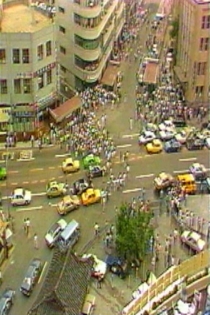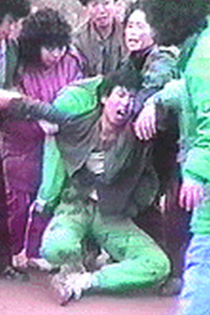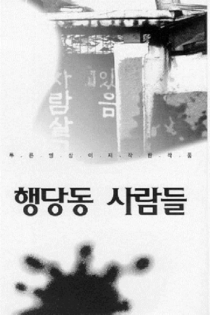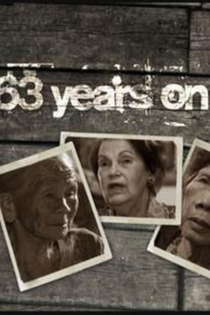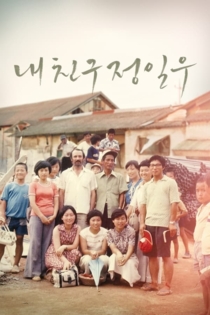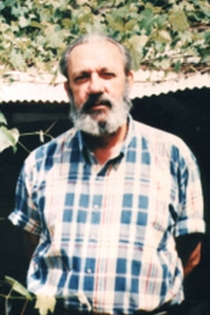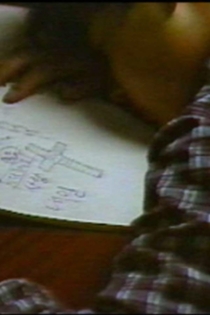
Kim Dong-won
1955 (70 лет)송환
Kim Dong-won
In the spring of 1992 documentary filmmaker Dong-won Kim met Cho Chang-son and Kim Seak-hyoung, two North Koreans arrested by South Korean authorities years before. Convicted of spying for the North, they were incarcerated and spent thirty years as political prisoners. These men, and many others like them, underwent conversion schemes in prison that involved torture: those who renounced their communist beliefs were released from prison early. The others, known as "the unconverted," served their full terms. None could return home to the North, however, until the turn of this century, when tensions between North and South eased significantly. Director Dong-won Kim followed these men for ten years, documenting how they survived -both physically and psychologically, the dehumanizing time spent in prison, and their quest, once released, to finally go home.
Repatriation
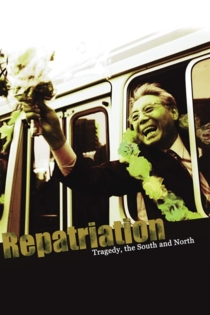
다섯 개의 시선
Jung Ji-woo, Kim Dong-won
Kim Su-hyeon, Ahn Kil-Kang
Commissioned by South Korea's National Human Rights Commission, If You Were Me is an innovative omnibus film project to promote tolerance and human rights and shed light on the hardships disadvantaged people face in Korea. After the success of the first anthology, a second series, If You Were Me 2, was released this year. Five notable Korean directors - Park Kyung Hee (A Smile), Ryoo Seung Wan (Crying Fist), Jung Ji Woo, Jang Jin (Guns & Talks), and Kim Dong Won - participated in the second installment, creating shorts on human rights issues of their choosing.
If You Were Me 2
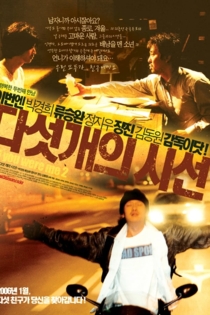
하나가 되는 것은 더욱 커지는 일이다
Kim Dong-won
The Father Moon Ik-hwan had been imprisoned for inaugurating the National Security Law after visiting North Korea. However Korean people’s desire for reunification heated up the whole country and Moon Gyu-hyeon and Lim Su-Gyeong visited North Korea. That means Father Moon’s visit to North Korea triggered Korean people’s desire for reunification. This film represents the Father Moon’s point of view on and people’s movement on reunification through influence of his visit in North Korea in 1989.
We'll Be One
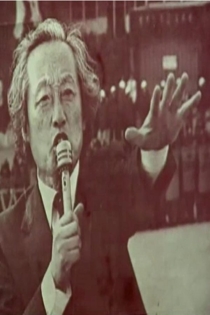
또 하나의 세상 : 행당동 사람들 2
Kim Dong-won
The sequel of "Heangdangdong People", a documentary about a struggle and dream for community of Heangdangdong people against the unfair removal of their housing. Heandangdong people in the removal region finally finished the struggle in the victory after the 3-year-struggle against the removal and they are now settled in the provisional residential building. They have gradually overcome poverty and have been establishing a local community through a production cooperative and a credit cooperative to materialize their dreams. Headangdong people's story with their successful community suggests a concrete way and hope about an alternative life.
Another World We Are Making: Haengdang-Dong People 2
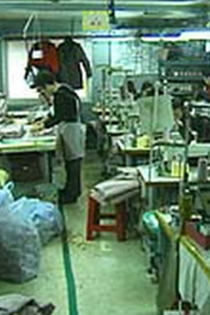
종로, 겨울
Kim Dong-won
Jongno, Winter is a short film included as one of the ommibus film in If You Were Me 2 (2005). It deals with an incident of a Korean Chinese Kim Won-sup frozen to death on a street of Jongno. He was an illegal immigrant who could not ask for help during a cold winter day with overdue wage over 10,000 USD. He died of exposure on the street. Director Kim Dong-won expands the problem of the illegally immigrated Korean Chinese.
JONGNO, WINTER
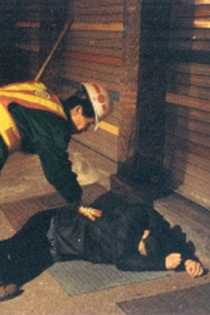
철권 가족
Kim Dong-won
This documentary is a director Kim Dong-won’s only autobiographical film that was produced as a request from the video festival. The film starts with the director’s son declaring that the film should start with a blank background with a title reading “We will now start Tekken Family” and then the director’s voice asking his son “ Have you ever seen a film start like that?” The whole family sits in front of a game machine playing Tekken and having a joyous time. This image of the family is very much different to the passive and disconnected image of a family portrayed in People in the Forest of Media.....
TEKKEN FAMILY
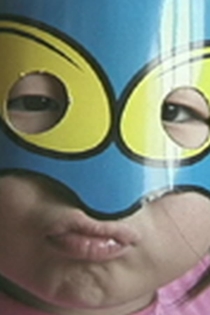
미디어 숲 속의 사람들
Kim Dong-won
This film shows that ‘how mass media dominates our daily life’ in a mixed format of drama and documentary. Part 1 is a drama represents the process of a human life from the childhood when the person first encounters with TV to how TV dominates him while growing up. Part 2 is a documentary of a group of people who banned from TV for a month. This experiment makes us think about what TV means to our life.
People In A Flood Of Media
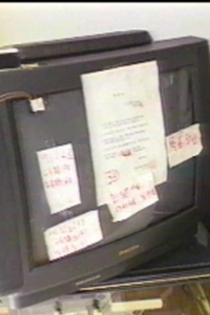
벼랑에 선 도시빈민
Kim Dong-won
Unlike “trilogy on torn-down neighborhoods,” (The Sang-kye dong Olympics, Haengdang-dong People, and Another World We Are Making), Standing on the Edge of Death calmly describes how urban poverty was formed, how they live, and why more than 20 of them committed suicide at once in 1990. In this film, the director explains that people who moved from poor countryside formed urban slum, and because they did not have formal education or asset, they worked as day laborers. Residence was one particular problem they faced as they lost their main dwelling area due to redevelopment. They start their day at dawn and work till night. However, these hard-working people do not receive any recognition from the society.
Standing on the Edge of Death
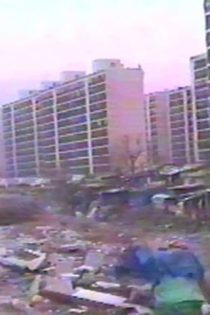
명성, 6일의 기록
Kim Dong-won
This is a documentary about 6 days of struggle at Myong-dong cathedral, which triggered the struggle of the June 1987. In the night of 10th June the protest group was chased by the police, came into the Myong-dong cathedral by accident. Their conflicts and hope, political situations of the time are seen in the film with various sources and witnesses. This film seeks hope for today while showing critical reinterpretation on the struggle of the June 1987.
The 6 Days Struggle at the Myong-Dong Cathedral
